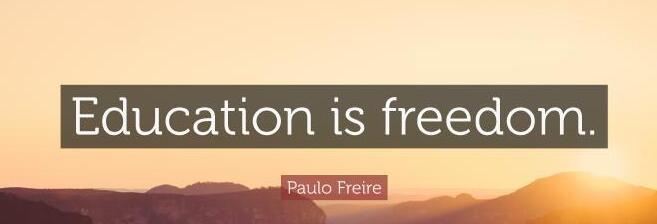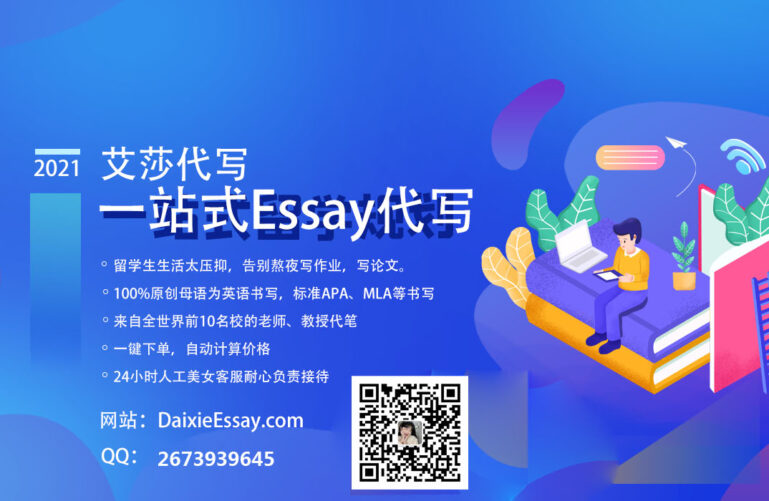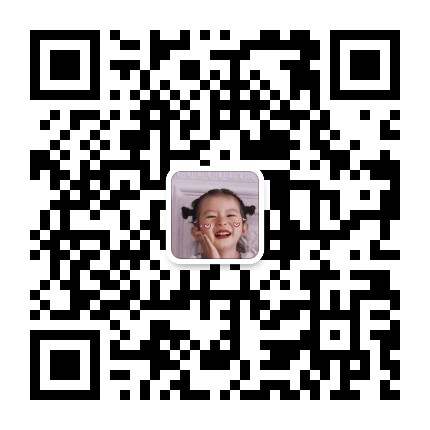Name
Instructor
Course
Date
Education Freedom: A Democratic Approach in Pedagogy of Education
Education Freedom代写 In my readings, I came across Paulo Freire’s Pedagogy of the Oppressed that was first published in 1968 in Portuguese ···
I found this topic very interesting, not as an expert but as an ardent reader.
In my readings, I came across Paulo Freire’s Pedagogy of the Oppressed that was first published in 1968 in Portuguese, but due to Paulo Freire’s influence it was translated to other languages including English (Cruz p. 170). At first a contemporary ready will have barriers which need to be confronted. One will wonder what precisely the book is about. Is it about education intended to achieve adult literacy? Is it a personal manifesto to achieve social and political justice? Is it a radicalism prescription to those opposing the government? Nonetheless, the book is a lot of things in one volume. But for this blog analysis, I will focus on the topic area of interest in chapter two.
The book was written at the period when there were social, economic and cultural problems in Latin American in the 1960s (De Ferranti et al.). Freire wrote it as a real mark for poverty and oppression. Notably, in that period, more than 80 per cent of Latin American people were living in dire poverty. The reality of the society that contributed to any literature purporting to participate in solving social problems had to confront.
As a landmark, Paulo Freire his revolutionary work in 1962. Education Freedom代写
He created a culture circle in Northerneastern Brazil to support 300 sugar-cane workers to teach each other how to read the word and their world in 45 days. The innovation enabled them to register as voters. The move was a catalyst that thousand others thirsty of not only literacy but also conscientization, that called for people to collaborate with peers and reflect about themselves and the world around them and the role they can play in making it better as well as taking an active part. These cultural Circles developed, grew, and galvanized that he was jailed and exiled after a coup in two years.
Paulo Freire was not a detached theorist. He wrote the book after being exiled in Chile in 1864 (Holst p. 250). The book was based on his first-hand experience with the poor and illiterate in Brazil and Chile. Freire was born in 1921 in Recife, Brazil. His career began as a secondary school teacher teaching literacy in Portuguese. In 1946 he was developing adult’s literacy programs that ended after he went for exile. In 1969, he was invited as a visiting professor at Harvard for publishing Pedagogy of the Oppressed. Later, he moved to Europe and became an exclusive education advisor in the World Council of Churches. He finally went back to his country and in 1988 appointed as Secretary of Education in Sao Paulo. Freire died in 1997.

In the second chapter, Freire’s main concern was the education system and models of pedagogy. Education Freedom代写
The whole chapter asserts that contemporary education has a narrative character where the teacher is the depositor, and the student is the receptor (p. 72). Freire termed the style of learning as ‘banking’ education that mainly focuses on memory, repetition, and learning. The method aims at turning students into zombies that lack critical consciousness of their world. ‘The educated man is the adapted man because he is “more fit” for the world’ (p. 76). It, therefore, means that the banking method of education is an enemy of liberation (p. 78) because it is dedicated to change conscious of oppressed men and women to adapt to the situation of oppression.
The alternative to banking education is the problem-posing style of teaching that harnesses the power of dialogical relationship (p. 79).
The power of the problem-posing technique is the dialogue that creates an engagement between student-teacher and teacher-student. Adopting this liberatory education approach bars teacher-student contradiction from taking shape (p. 79). The students are therefore encouraged to become ‘critical co-investigators in dialogue with the teacher’ (p. 81). Comparatively, the banking education style mythicises reality whiles on the other hand problem-posing education de-mythologises reality (p. 83). Through this method of education people become conscious and realise their ability to controlling social reality. In the context of the approach is the subversive power of questioning that no oppressive power could allow.
The world today is marred by widespread and systematic poverty (Edward and Sumner). The threats of wars and nuclear proliferation are culminated by the global climatic changes that are beginning to have severe consequences to human species anything alive. Unfortunately, most of these global problems are caused by human actions or defaults. Freire gives readers a broader perspective on enduring and significant ideas on creating critical consciousness which is an essential ingredient for humanisation as well as epitome of bringing dialogue for social progress. These constitute fundamental values of assessing modern political ideologies.
In this context, Freire identified education as a critical tool in the achievement of liberation. Education Freedom代写
He proposes a new pedagogy education for oppressed that is constructed based on their experiences. According to Freire, conventional education is corrupted by oppressive regimes. The system, instead of creating conscious students, it aims at pacifying them and render them compliant to its objectives. The solution to the problem is conscientization.
The perspectives offered by Freire is still applicable today. The modern education is yet co-opted into an economic imperative centred on growth and inequality (Perez-Isaih par. 1). People are getting challenging to voice for their problems as some voices are heard while others fall on deaf ears. People have been switched to an automatic mode where direct speaking of ones experience is faced with harsh measures. The oppressed are forced to address their issues indirectly and or use other languages, mostly in the forms of economic and business. The word ‘oppressed’ is politically potent and not used to refer to any group in particular. By implication, there is no “oppressed” in most governments.
In summation, Freire text remains viable in modern society. Community activists and theorists can use his framework in understanding the process of consciousness. The book further offers awareness of oppression and the pedagogy of developing a progressive society.
Work Cited Education Freedom代写
Cruz, Ana L. “Paulo Freire’s concept of conscientizacao.” Paulo Freire’s intellectual roots: Towards historicity in praxis (2013): 169-182
De Ferranti, David M., and Anthony J. Ody. Key economic and social challenges for Latin America: Perspectives from recent studies. Brookings Institution, 2006.
Freire, Paulo. “Pedagogy of the Oppressed Harmondsworth.’ Penguin. (1972), pp. 71-86.
Holst, John. “Paulo Freire in Chile, 1964–1969: Pedagogy of the oppressed in its sociopolitical economic context.” Harvard Educational Review 76.2 (2006): 243-270.
Perez-Isaih, Rosa. “Passive Oppression in Education: Fueling the Achievement Gap. The Medium. Accessed from https://medium.com/identity-education-and-power/passive-oppression-in-education-fueling-the-achievement-gap-af637f8c3718




